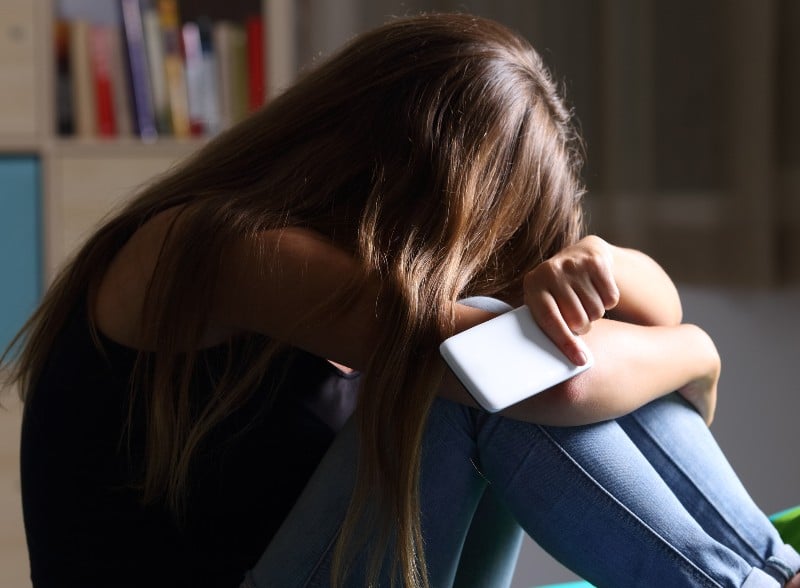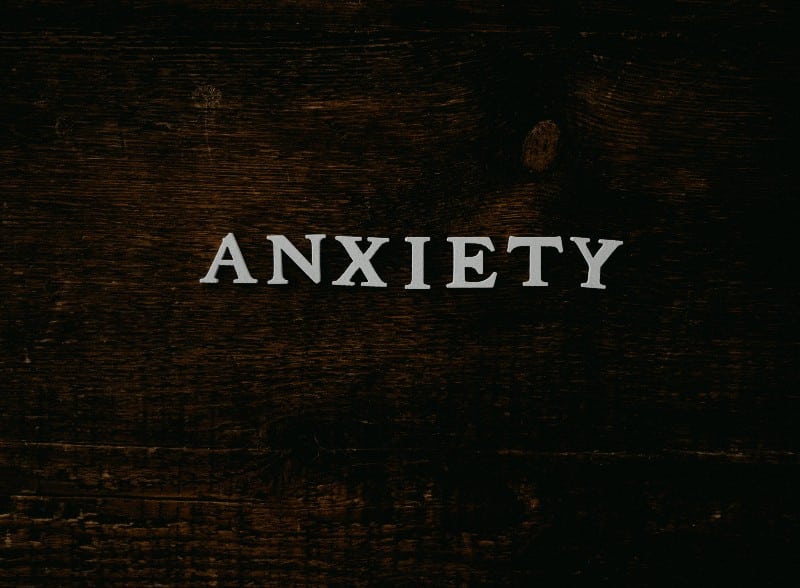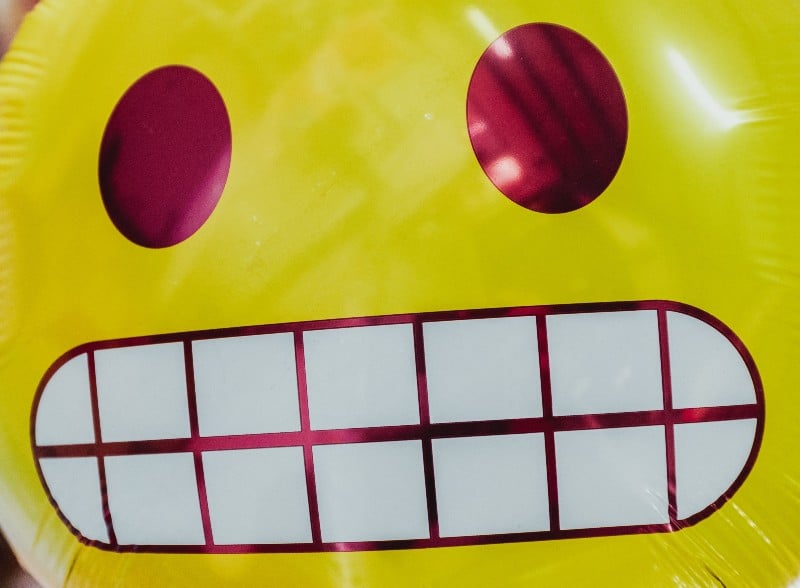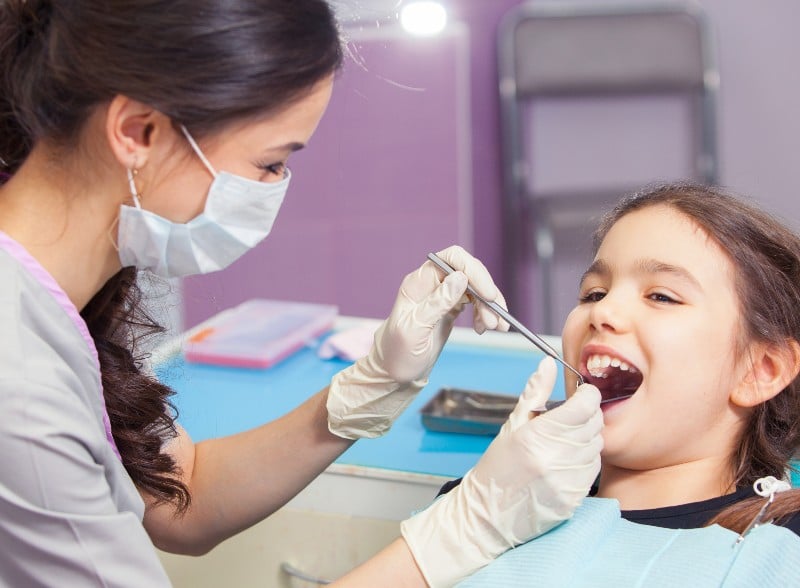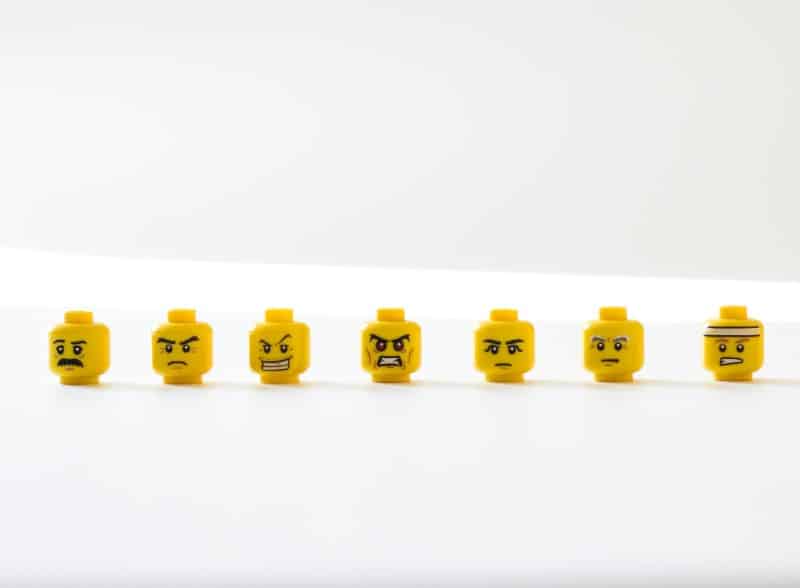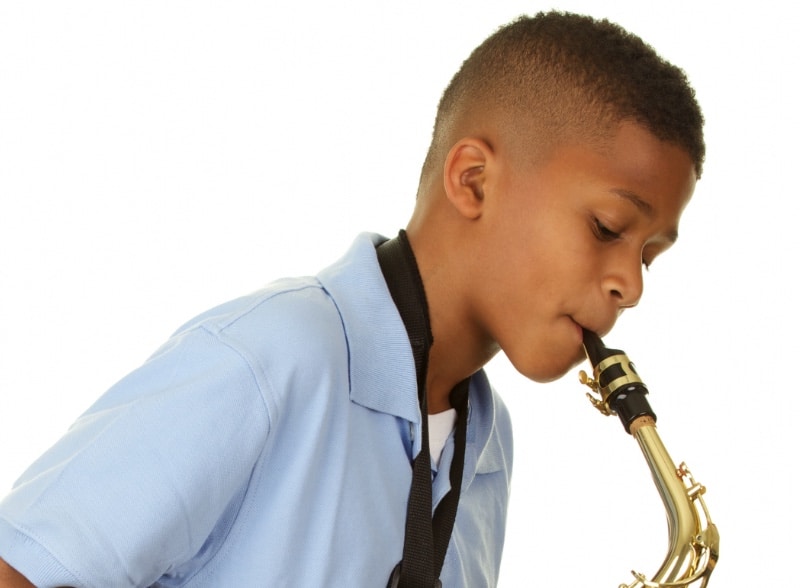
Everyone Gets Stage Fright: A Chat with Dr Anna Colton
Stage fright… everyone gets it. Whether it’s worrying about going on stage, feeling anxious about giving a presentation, nerves before a test or talking to someone in a shop or restaurant. In this webinar, clinical psychologist, Dr Anna Colton, talks us through performance anxiety, exploring how universal this experience is, before going on to provide numerous, practical strategies that can help children, young people and adults. This webinar is great for parents, educators and can also be watched with young people themselves.


